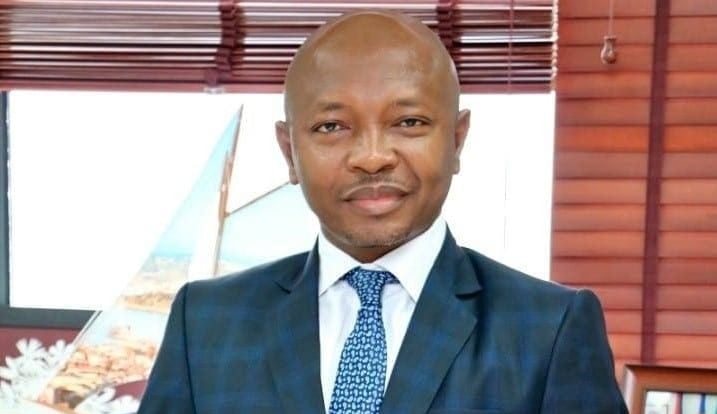Ras Mubarak, a prominent member of the National Democratic Congress (NDC), has vehemently condemned Onua TV, a private television station in Ghana, for its alleged role in instigating the violent clash that occurred at the AngloGold Ashanti (AGA) mine in Obuasi. Mubarak’s criticism centers on the platform provided by Onua TV to Captain Smart, the host of its morning show ‘Maakye,’ whose inflammatory rhetoric is believed to have incited the illegal miners to invade the mine. Mubarak explicitly attributed the tragic events in Obuasi to Onua TV’s failure to prevent its platform from being used to promote violence, highlighting the critical need for responsible journalism and accountability within Ghana’s media landscape. He argued that freedom of speech, while a fundamental right, should not be abused to incite violence or promote lawlessness.
The controversy revolves around a video widely circulated on social media in which Captain Smart explicitly urged the youth of Obuasi to attack the AGA mine and seize its resources. Smart’s pronouncements, laced with accusations of exploitation against AGA, called for a youth uprising to forcefully claim their perceived share of the region’s wealth. This provocative language, according to Mubarak and other critics, directly incited the illegal miners to invade the mine, leading to the deadly confrontation with security forces. The resulting clash claimed the lives of nine illegal miners and left several others injured, highlighting the tragic consequences of unchecked inflammatory rhetoric.
Mubarak’s condemnation extends beyond simply criticizing Captain Smart’s individual statements. He argues that Onua TV bears a significant responsibility for allowing such incendiary rhetoric to be broadcast on its platform. He emphasizes the crucial role of media organizations in upholding journalistic ethics and promoting responsible discourse. By providing a platform for Captain Smart’s inflammatory pronouncements, Mubarak argues that Onua TV contributed directly to the escalation of tensions and the subsequent violence at the Obuasi mine. He stresses that media freedom should not be interpreted as a license to incite violence or promote lawlessness, and that media outlets must be held accountable for the content they disseminate.
The incident at the Obuasi mine highlights the complex interplay between media freedom, responsible journalism, and the potential for incitement to violence. While freedom of speech is a cornerstone of any democratic society, it is not an absolute right. The right to free expression must be balanced against the need to protect public safety and prevent violence. Media organizations have a critical role to play in this balancing act. They have a responsibility to ensure that their platforms are not used to incite violence or spread misinformation. This responsibility extends beyond simply avoiding direct calls to violence; it also includes refraining from using language that is likely to inflame tensions or incite hatred.
Mubarak’s call for accountability within Ghana’s media space underscores the broader need for responsible journalism in the age of social media. The rapid dissemination of information through social media platforms can amplify the impact of inflammatory rhetoric, making it even more crucial for media organizations to exercise due diligence and prioritize responsible reporting. The events at the Obuasi mine serve as a stark reminder of the potential consequences of irresponsible media practices, highlighting the need for a renewed focus on journalistic ethics and the responsible use of media platforms.
Ultimately, the incident at the Obuasi mine underscores the delicate balance between freedom of expression and the need to prevent violence. It emphasizes the critical role of media organizations in upholding journalistic ethics and promoting responsible discourse. The tragic loss of life should serve as a wake-up call for the media industry and a reminder of the potential consequences of unchecked inflammatory rhetoric. The call for accountability within Ghana’s media space is a crucial step towards ensuring that media freedom is exercised responsibly and that media platforms are not used to incite violence or endanger public safety. The incident serves as a stark reminder of the power of words and the importance of responsible journalism in fostering a peaceful and democratic society.














